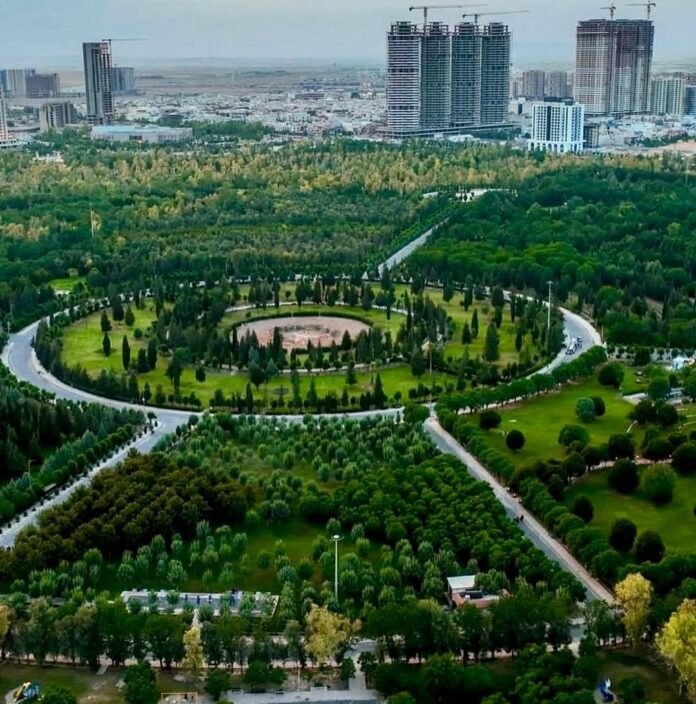The Green Belt Project in Erbil officially began its first phase this week. The local government aims to plant millions of trees and build artificial ponds. These steps intend to reduce air pollution and tackle climate change effects in the city.
According to Sarwar Waysi, head of Erbil’s parks engineering department, the project started near the 150-meter road. Pistachio and olive trees will be the main plants. Additionally, the team will create over ten artificial ponds. These ponds will help irrigate the new trees efficiently.
Over seven million trees will be planted in this initial phase. The project involves coordination with the United Nations Development Programme (UNDP), Kurdistan’s municipalities, and the tourism ministry. Together, they focus on protecting the city’s environment and natural resources.
The Green Belt Project in Erbil targets reducing the impact of dust storms. These storms frequently hit the area and worsen air quality. Furthermore, the project aims to prevent the conversion of agricultural lands into investment zones. This measure will safeguard local farming and green spaces.
This initiative also creates job opportunities for young people in Erbil. By involving the community, the project hopes to raise awareness and promote sustainability in the region.
Erbil faces one of the highest pollution levels in Iraq. Contributing factors include smoke from power generators and heavy car emissions. These vehicles often use low-quality fuels. Moreover, frequent dust storms add to the poor air conditions.
Iraq, including the Kurdistan Region, is vulnerable to climate change. Water shortages worsen due to dam constructions in neighboring countries. Poor water resource management also affects river flows negatively.
The Green Belt Project in Erbil stands as a promising effort to improve environmental health. It combines urban planning with ecological protection. This project offers hope for cleaner air and a healthier future for Erbil’s residents.


